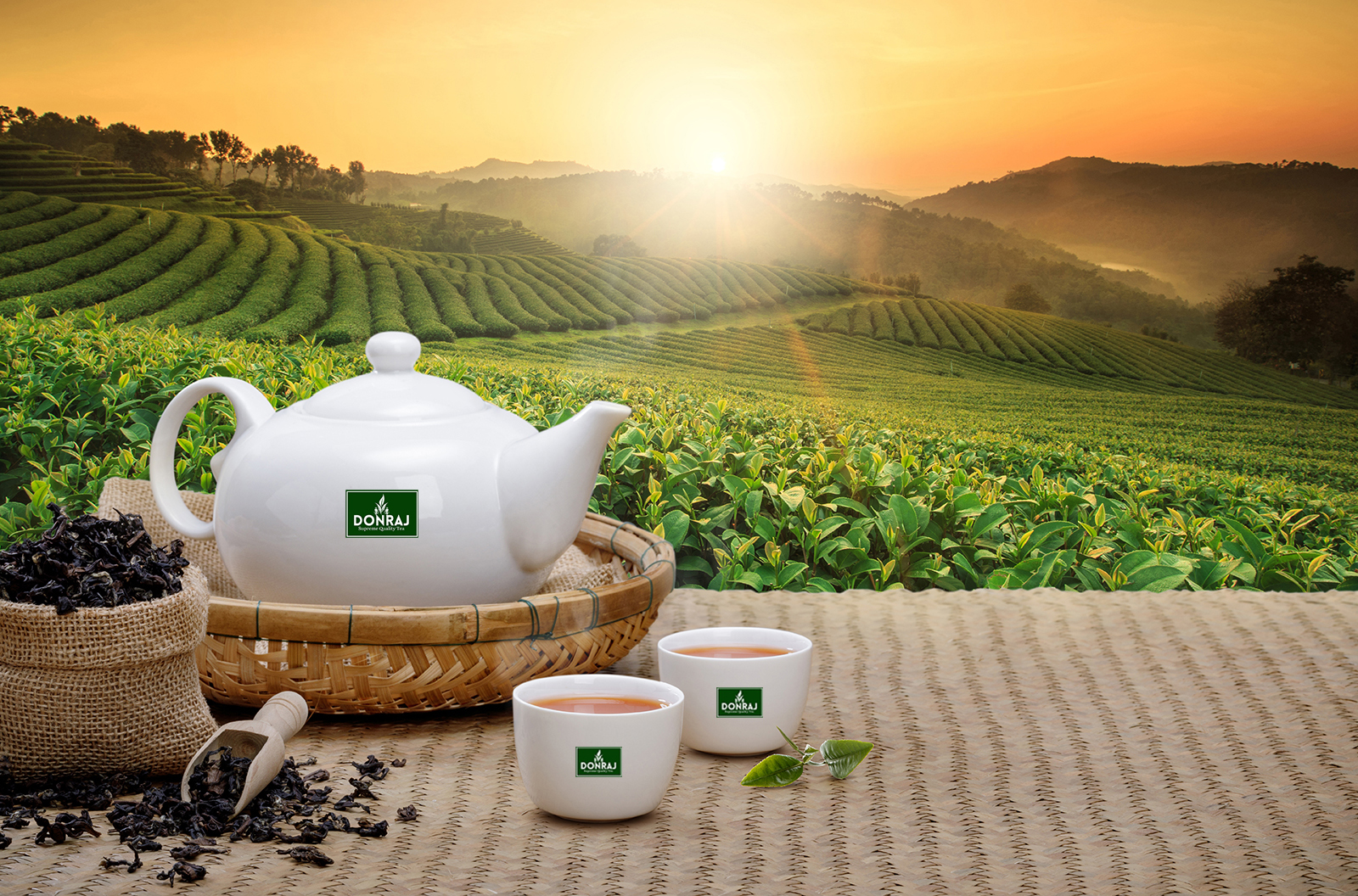Black tea, derived from the Camellia sinensis assamica varietal, takes root in the vibrant landscapes of Assam, India, thriving in sub-tropical climates amidst lush forests. This unique varietal showcases a diverse range of cultivars and hybrid plants within the Camellia sinensis plant family, resulting in a rich tapestry of flavors. What sets black tea apart is its distinct oxidation process, where tea leaves undergo a transformative journey, darkening in color and developing robust flavors. Beyond its enticing taste, black tea contains caffeine, providing a gentle yet invigorating stimulant, and boasts antioxidants that contribute to its health benefits.
In contrast to green tea, black tea leaves undergo full oxidation, leading to a bolder and more robust flavor profile. Black tea extract, often utilized in herbal supplements, captures the essence of this oxidation process, offering a concentrated and convenient way to enjoy the many virtues of this beloved beverage.
Is Regular Tea and Black Tea the Same?
Tea, not just a beverage but a timeless elixir, finds its origins in the leaves of the Camellia sinensis plant. The alchemy begins with black tea, where fermentation transforms the leaves into a rich infusion that is the hallmark of Ceylon Black tea. On the other side of the spectrum lies the green tea, celebrated for its unoxidized, fresh leaf profile. The diversity within tea extends beyond the standard leaf to include pekoe, fannings, and fine dust, each offering a unique brewing experience.
Beyond the realms of Camellia sinensis, tea embraces a myriad of flavors with herbal infusions incorporating herbs, flowers, and spices. The magic of black tea extends beyond the teacup, with its antioxidants fostering health benefits for the human body, combatting conditions such as atherosclerosis, heart disease, chronic kidney disease, and even demonstrating promise in reducing the risk of tumors, thanks to the polyphenols present in this aromatic brew.



